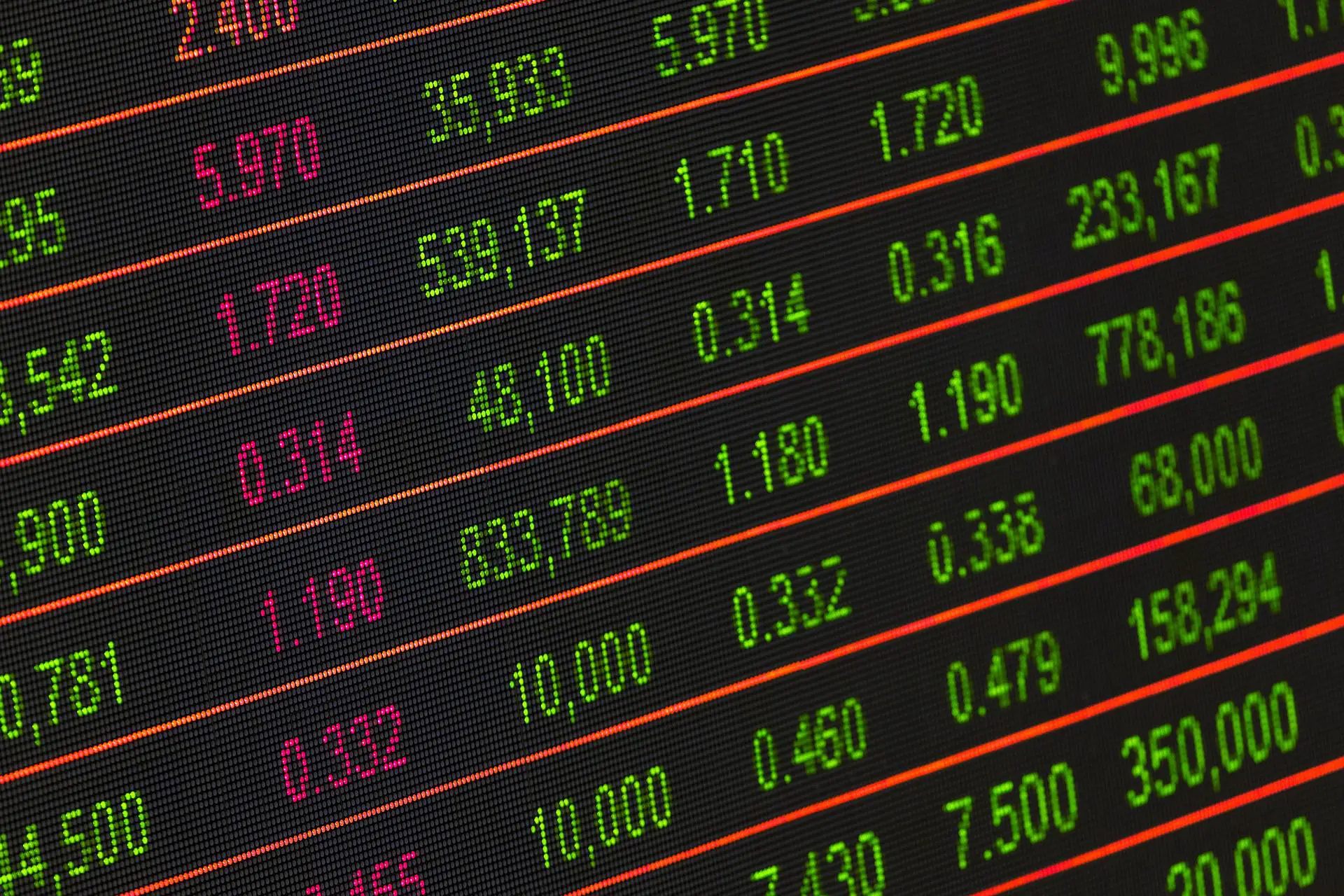Is it a good idea to buy a stock when the market is closed? Most people would say that it's not a good idea to buy stocks when the market is closed. But what does that mean, exactly? And what are the risks involved in doing so?
In this article, we will explore what happens when you buy a stock after the market closes, and whether or not it's a wise decision to make.
Is it good to buy stocks when the market is closed?
The answer to this question is not as simple as a yes or no. after-hours trading can benefit investors in a few different ways. For example, if you have news that will cause the stock price to rise when the market opens, buying after hours can help you get ahead of the competition.
However, there are also risks associated with after-hours trading. Because there are typically fewer buyers and sellers active during this time, it can be more difficult to find someone willing to buy or sell your shares at a fair price.
Additionally, after-hours prices may not reflect the true value of stock until the market opens again. If you're considering buying stocks during after-hours trading, it's important to weigh the potential benefits and risks before making any decisions.
It can be good to buy stocks when the market is closed if you are going to be busy the next day. The market is closed from four in the afternoon to nine-thirty in the morning, so if you can't make it to your trading desk during that time, it may be more convenient to place your orders when the market is closed.
Is it better to buy when the market is open or closed?
If you're wondering if it's a good idea to buy stocks when the market is closed, there isn't a simple answer. It all depends on your investment strategy and what you're trying to achieve. For example, if you're trying to buy a stock before it reports earnings, placing an order after the market closes can be your best option.
On the other hand, if you're trying to buy a stock that is slowly declining in value, you may want to wait until the market opens so you can get a better price. Ultimately, the decision of whether or not to buy a stock when the market is closed depends on your individual circumstances.
If you're unsure about what to do, it's always a good idea to speak with a financial advisor. They can help you weigh the potential risks and benefits of after-hours trading and make the best decision for your situation.
What happens when you place a stock order when the market is closed?
Your order will be queued up and executed as soon as the market opens. If you're buying shares of a stock that trades on a major exchange like the New York Stock Exchange (NYSE) or Nasdaq, your order will likely be filled within seconds or minutes of the market opening.
However, if you're buying shares of a less actively traded stock, it may take longer to fill your order. If you place an order to buy or sell a stock when the market is closed, your order will typically be executed at the next open.
For example, if you place an order to buy shares of XYZ Corporation at $25 after the market closes at $20, your order will likely be filled at $25 per share when the market opens. However, it's important to note that after-hours prices may not reflect the true value of a stock until the market opens again.
As such, there's always a risk that your order may not be filled at your desired price, or may not be filled at all.
if I buy a stock after-hours what price do I get?
When you buy a stock when the market is closed, you'll usually pay the same price as everyone else who is buying that stock. That's because most stocks are priced based on their last traded price, which occurs during market hours.
However, some after-hours trades occur at prices different from the stock's last trade price. These trades are typically made by large institutional investors and they can cause the stock's price to move up or down when the market reopens.
Conclusion
When it comes to buying stocks when the market is closed, there are a few things to keep in mind. First, you'll likely have to pay a premium for after-hours trading. Second, there may be less liquidity, which means it could be harder to sell your shares.
And finally, you'll need to be aware of the risks involved in trading when the market is closed. If you are not paying for after-hours trading but still place an order when the market is closed, your order will be queued and executed when the market opens.
So if you're looking to buy a stock when the market is closed, it's important to know the risks and be aware of the potential costs.
See Also:

